Last Saturday’s Australian contained an article by Robert Tombs, headlined ‘Assault on the West’, which claimed that a ‘virtuous new ruling class has emerged that deems the English-speaking world the root of all evil’. Tombs is an emeritus professor in history at Cambridge and is a leading British participant in the culture wars that are being waged throughout the Western democracies.
His article was an extract from a speech he will deliver later this month at the Ramsay Centre. It was an erudite, strongly worded attack on the anti-Western, left-wing ideology which prevails in the humanities departments of most universities throughout the English-speaking world today. Professor Tombs’ view is shared by a variety of writers and academics but, it has to be admitted, this group is very much in the minority within the wider academic world. In a recent edition of this journal, under the title ‘University Challenge’, Stephen Daisley noted that Aberdeen University ‘has been captured by the dismal intellectual progeny of critical race theory’. It would be nice to see this as a temporary decline in academic standards in a less important university, but the truth is that they are all at it. According to Daisley, Keele University warns those studying in its school of nursing against the ‘pervasive characteristic’ of ‘Euro-centric thought’ and Manchester Metropolitan University instructs its lecturers to avoid ‘white, middle-class teaching methods’. Last week someone with the disturbing title ‘Anonymous’ published, in this magazine, an article asking, ‘Have universities hushed-up academics over the Voice?’
‘Anonymous’ is not the first Australian academic to express disquiet over the current anti-Western tone of our universities. Keith Windschuttle and Geoffrey Blainey have, for several decades, been leading a rearguard action against the Marxist and structuralist hordes that infest our own ‘centres of learning’. Windschuttle’s book, The Killing of History, first published in 1996, remains one of the most important attacks on the ideologies that seem to dominate the humanities curricula of our contemporary schools and universities.
The roots of the current struggle go back to the post-colonial era. By the 1960s, it was obvious that basing any economic system on socialism was doomed to failure. The Russian invasions of Eastern European states that struggled to achieve some sort of popular democracy proved that Marxism, as a political system, was equally hopeless. Undeterred by the undeniable failure of left-wing economic and political structures everywhere, and faced with the increasing prosperity of the working classes, the socialists shifted their attention from the unjust treatment of workers, to slavery, the historical exploitation of people in the colonies and the racism shown towards black people.
And the current obsession with racism and colonialism continues to poison genuine debate in academia. If it were possible to hold opinions openly, then ‘Anonymous’ would have been able to put his or her name to the article in which he or she expressed opinions that were not outrageous, dangerous or even unreasonable.
The debate over the Voice referendum is fast descending into puerile attacks on opponents of this mad scheme. The increasingly common claim that anyone who doesn’t vote Yes must be a racist indicates the ferocity with which normally sensible leaders of the Yes campaign cleave to their position.
I fully support the position of Professor Tombs and wish him well in his efforts to restore, to universities, the traditions of freedom of speech and thought. But historians such as Windschuttle, Blainey and Tombs are clearly not winning. Their defence of traditional liberal values, and attacks on the current ideas which prevail in the humanities departments of universities across the Western world are undoubtedly warranted. But no one has satisfactorily explained why ideas which are so obviously wrong can hold such sway. Tombs quotes another historian, Jonathan Sumption, who claims that victimhood perpetuates ‘grievances on account of past events that have no practical relevance to modern lives’. This victimhood is especially popular among the Canberra tribe of Aboriginal academics and experts who have made a career out of telling us all how unjust we are to the ‘First Nations people’.
Night after night people like Megan Davis appear on the evening news to tell us how awful we are to Aborigines and people seem to be swallowing this tale of woe.
For example, almost half of the adult Australian population may support the absurd idea that establishing yet another bureaucracy in Canberra populated by elected representatives of Aboriginal communities will solve the problems surrounding the efforts to close the gap between living standards of Aboriginals and the rest of the population. Yet Australians in general believe we have too much government.
Professor Tombs argues that institutions including universities, the legal profession, banking and large corporations ‘are now being taken over, impelled by fear of being seen as against the zeitgeist’ and are jumping on bandwagons to show they are aligned with woke values which they believe are held by the majority.
But perhaps the tide is starting to turn. Last week, the New York Times published an article in which two senior academics from Stanford University, Debra Satz and Dan Edelstein, discussed the recent history of the humanities faculties at the university where, in 1987, activists condemned the European-Western male bias of the university’s first-year requirement. The course was replaced with a program that had no Western focus, (‘By Abandoning Civics, Colleges Helped Create the Culture Wars’). The authors claim that a return to a more balanced curriculum is emerging and argue that ‘universities have a moral and civic duty to teach students how to consider and weigh contrary viewpoints, and how to accept differences of opinion as a healthy feature of a diverse society. Disagreement is in the nature of democracies’.
Professor Tombs quotes philosopher John Grey who refers to, ‘A farrago of critical race and gender theories imported from America’, which are poisoning open debate across the universities of the Western world. Perhaps the attempts to solve this problem at Stanford mark the beginning of a return to a tradition of open respectful debate.
We shall find out on the 14 October how many Australians have swallowed the Yes medicine. On that same day in 1066 there was a battle at a place called Hastings which had a profound effect upon the history of the Western world.
We can only hope that, whatever the outcome of the forthcoming referendum, we will not be studying its significance 957 years from now.
Got something to add? Join the discussion and comment below.
Get 10 issues for just $10
Subscribe to The Spectator Australia today for the next 10 magazine issues, plus full online access, for just $10.
You might disagree with half of it, but you’ll enjoy reading all of it. Try your first month for free, then just $2 a week for the remainder of your first year.

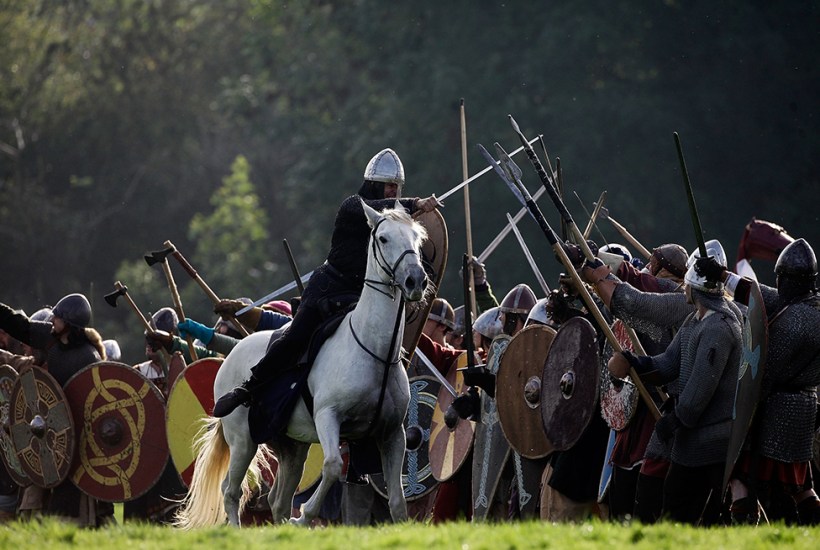
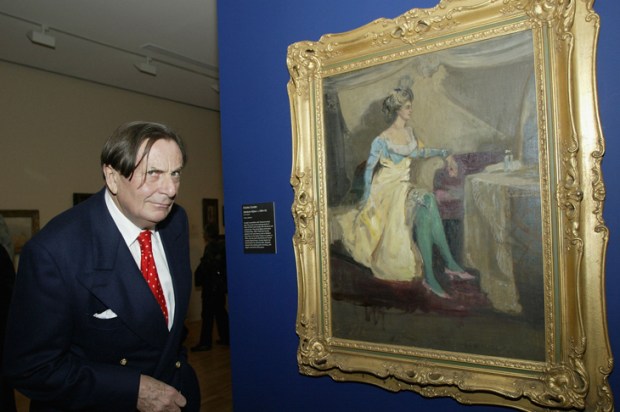


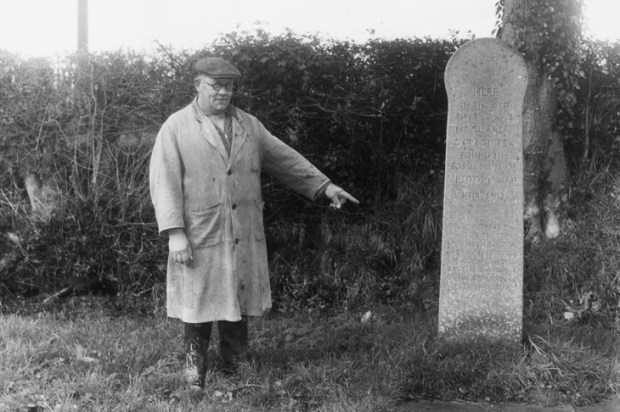
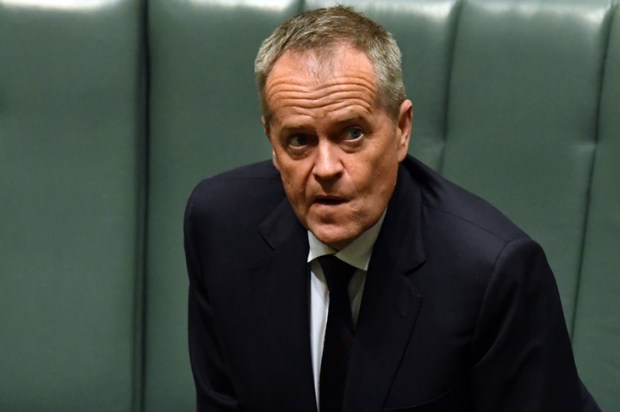
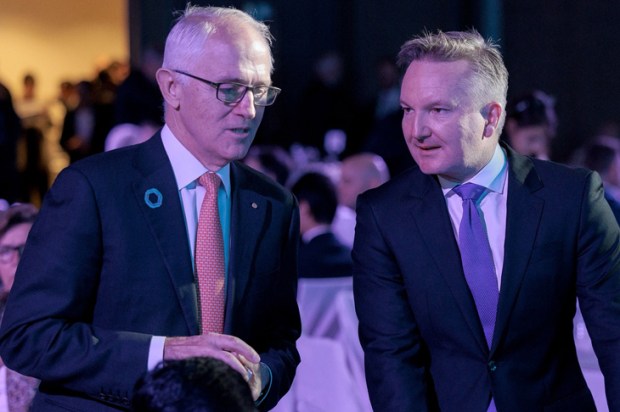






Comments
Don't miss out
Join the conversation with other Spectator Australia readers. Subscribe to leave a comment.
SUBSCRIBEAlready a subscriber? Log in